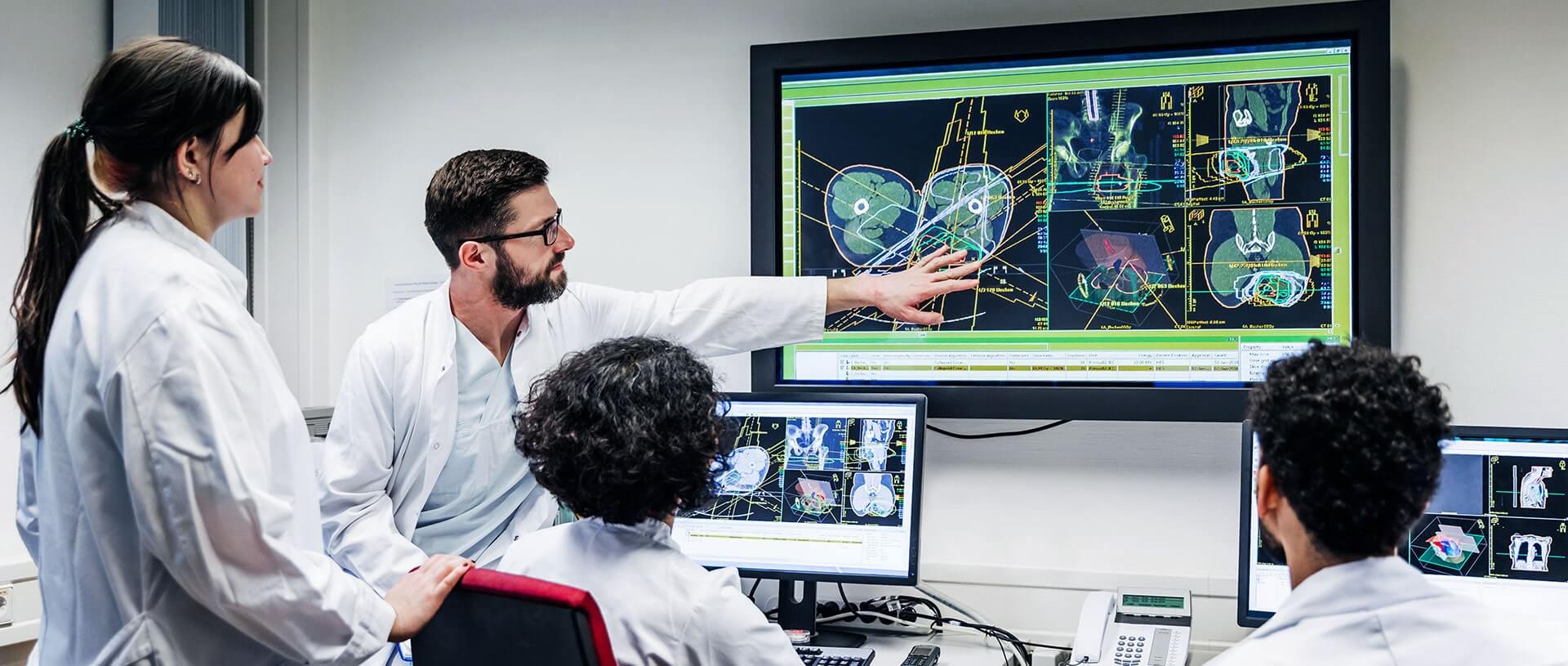Earlier this month, Singapore's Minister for Communications and Information announced that a further S$300 million is to be allocated to the funding of digital innovation as part of the government's drive to transform the economy through the application of digital technologies.
Singapore is nothing if not progressive and this latest funding commitment represents just part of an impressive government agenda that aims to see all industries, businesses, workers and citizens digitally connected and equipped with the digital skills needed to improve productivity and enrich their lives.
The healthcare industry globally has long been a laggard in embracing "digital transformation". Yet, in Singapore and across Asean, the application of new digital and automation technologies is at last beginning to transform the sector, offering the potential to change the way medicines are manufactured, disrupting traditional business models and, most importantly, expanding access to healthcare to regions and previously under-served populations.
The Singapore government's commitment to digital innovation and transformation, coupled with the nation's established regional leadership in the healthcare industry, provides an opportunity to shepherd healthcare's digital transformation and lead its growth over the next decade. By harnessing two global trends - digital transformation and expanding healthcare access - Singapore can cement its position as a healthcare hub for the Asean region, just as these markets begin to mature and economic integration deepens.
Digital healthcare technologies have the greatest transformative potential in Asean's emerging markets, where today's brick-and-mortar healthcare model, in which a patient visits a clinic to see a doctor, is struggling to meet rising demand from a growing and ageing population that is becoming more affluent and health conscious.
This is where digital healthcare - especially tapping the ubiquity of smartphones and Internet access - can bridge the infrastructure gap to address unmet patient needs and expand access. Through technologies such as wearable devices, smartphone apps, digital healthcare platforms and big-data analytics, people will be able to access healthcare information and see their doctor from their home or even their bed.
THE ECONOMIC OPPORTUNITY
This isn't just good for the region's growing and under-served populations, it is good for the Singapore economy too. It is precisely these emerging markets in Asean that Singapore's healthcare industry is serving, and their digital transformation represents a significant economic opportunity that could create employment and opportunities for Singaporeans. Worth US$99 billion in 2015, the global digital health market has been projected to reach US$285 billion by 2022 - a huge pie that Singapore should claim a significant slice of.
It is clear that the private sector in Singapore has already responded to the government's strong commitment to digital transformation. Singapore is now home to a thriving ecosystem of digital healthcare startups offering a myriad of services in areas such as chronic disease management and digital diagnostics, as well as consumer health and wellness. Singapore's public healthcare system is also pioneering the use of patient-centric digital solutions through partnerships with the private sector, demonstrating the synergy between public and private sector.
However, Singapore is not alone in recognising the potential of digital health technologies and rival countries and companies are increasingly challenging Singapore's pre-eminent position. In Asia, digital healthcare startups are emerging in India, China and South-east Asia. Many have raised significant venture capital funding and have regional ambitions. Elsewhere, global tech giants such as Apple, Amazon and Google have begun making plays into healthcare, while large international pharmaceutical companies have begun building ties to Silicon Valley as they grapple with the implications for the industry of innovative new digital healthcare technologies.
If Singapore is to retain its position as an emerging digital healthcare hub and export our digital innovations across the Asean region, we cannot rely on our entrepreneurs and startups alone. Our large incumbent healthcare and pharmaceutical companies must also increase their adoption of digital technologies and help to bring new digital products and services to market.
This will require a significant shift in mindset and approach. Traditional health and pharma companies will need to be more willing to take risks and act more like the tech giants. Boardrooms and senior management teams will need to evolve to exude entrepreneurial spirit and passion, as well as have the experience needed to lead technology innovation and subsequent business model transformation.
It's clear that the future of the industry will be collaborative and digital platform-based. Singapore's healthcare companies will need to develop IT, communications and data-analysis capabilities, and develop new platform-based approaches that can collect and analyse huge volumes of health-related data.
Technology is also driving the consumerisation of healthcare. The industry will increasingly need to deliver the type of on-demand goods and services empowered by mobile connectivity that Singapore's consumers have been accustomed to from other industries, such as retail.
To achieve this, incumbent players should look to harness innovations found within Singapore's thriving community of digital health startups through partnerships and licensing deals and help to bring these solutions to market more quickly in collaboration with government, regulators and public healthcare institutions.
TURNING IDEAS INTO REALITY
As a CEO in the pharmaceutical industry that witnesses on a near-daily basis the urgent need to expand access to healthcare, particularly in developing countries, I am acutely aware of the massive potential of new digital technologies to improve the health of millions, if not billions, of people around the world.
But the development and commercialisation of new digital healthcare solutions need not be a philanthropic effort. Digital healthcare presents Singapore with an exciting new opportunity for growth if our industry is prepared to seize it. It is now time for all industry stakeholders - including startups, big pharma, public and private hospitals and universities - to get behind the government's digital agenda, and in so doing, cement Singapore's position as a global digital healthcare hub.
The writer is CEO of Mundipharma
Copyright © 2019 Singapore Press Holdings
This article was written by Raman Singh from The Singapore Business Times and was legally licensed through the NewsCred publisher network. Please direct all licensing questions to legal@newscred.com.







